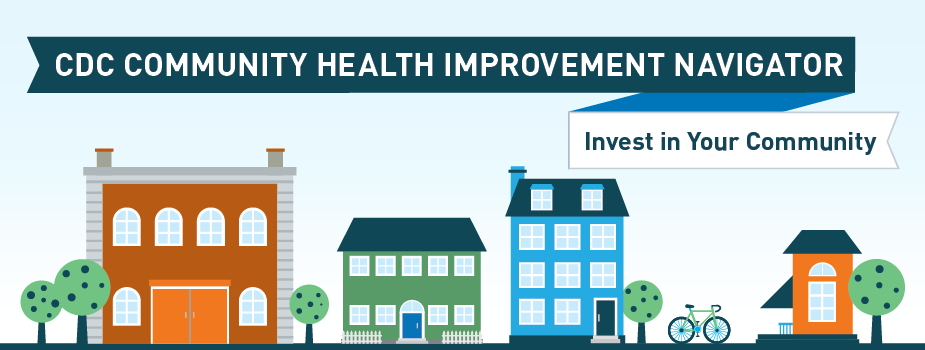Question Description
Reflect on the various settings in which family nurse practitioners are able to work. Currently in primary care, specifically community health centers, there is a significant need to hire more advanced practice nurses to meet the care needs of patients in both rural and urban populations.
Read the article attached below and examine what role does the Community Nursing Practice Model have in achieving better access, care delivery and outcomes to patients living in undeserved communities.
Identify 1 (one) MSN Essential most correlates to this discussion related to community nursing practice.
Nurse Practitioners in Community Health Settings Today Article: http://clinicians.org/images/upload/wessel_nurse_pdf…
I have also attached additional information pertaining to community health from the Center for Disease Control (CDC).

CDC Community Health Improvement Navigator: https://www.cdc.gov/chinav/
The nine Essentials addressed in this document delineate the knowledge and skills that all nurses prepared in master’s nursing programs acquire. These Essentials guide the preparation of graduates for diverse areas of practice in any healthcare setting.
• Essential I: Background for Practice from Sciences and Humanities o Recognizes that the master’s-prepared nurse integrates scientific findings from nursing, biopsychosocial fields, genetics, public health, quality improvement, and organizational sciences for the continual improvement of nursing care across diverse settings.
• Essential II: Organizational and Systems Leadership o Recognizes that organizational and systems leadership are critical to the promotion of high quality and safe patient care. Leadership skills are needed that emphasize ethical and critical decision making, effective working relationships, and a systems-perspective.
• Essential III: Quality Improvement and Safety o Recognizes that a master’s-prepared nurse must be articulate in the methods, tools, performance measures, and standards related to quality, as well as prepared to apply quality principles within an organization.
• Essential IV: Translating and Integrating Scholarship into Practice o Recognizes that the master’s-prepared nurse applies research outcomes within the practice setting, resolves practice problems, works as a change agent, and disseminates results.
• Essential V: Informatics and Healthcare Technologies 5 o Recognizes that the master’s-prepared nurse uses patient-care technologies to deliver and enhance care and uses communication technologies to integrate and coordinate care.
• Essential VI: Health Policy and Advocacy o Recognizes that the master’s-prepared nurse is able to intervene at the system level through the policy development process and to employ advocacy strategies to influence health and health care.
• Essential VII: Interprofessional Collaboration for Improving Patient and Population Health Outcomes o Recognizes that the master’s-prepared nurse, as a member and leader of interprofessional teams, communicates, collaborates, and consults with other health professionals to manage and coordinate care.
• Essential VIII: Clinical Prevention and Population Health for Improving Health o Recognizes that the master’s-prepared nurse applies and integrates broad, organizational, client-centered, and culturally appropriate concepts in the planning, delivery, management, and evaluation of evidence-based clinical prevention and population care and services to individuals, families, and aggregates/identified populations.
• Essential IX: Master’s-Level Nursing Practice o Recognizes that nursing practice, at the master’s level, is broadly defined as any form of nursing intervention that influences healthcare outcomes for individuals, populations, or systems. Master’s-level nursing graduates must have an advanced level of understanding of nursing and relevant sciences as well as the ability to integrate this knowledge into practice. . Nursing practice interventions include both direct and indirect care components.


